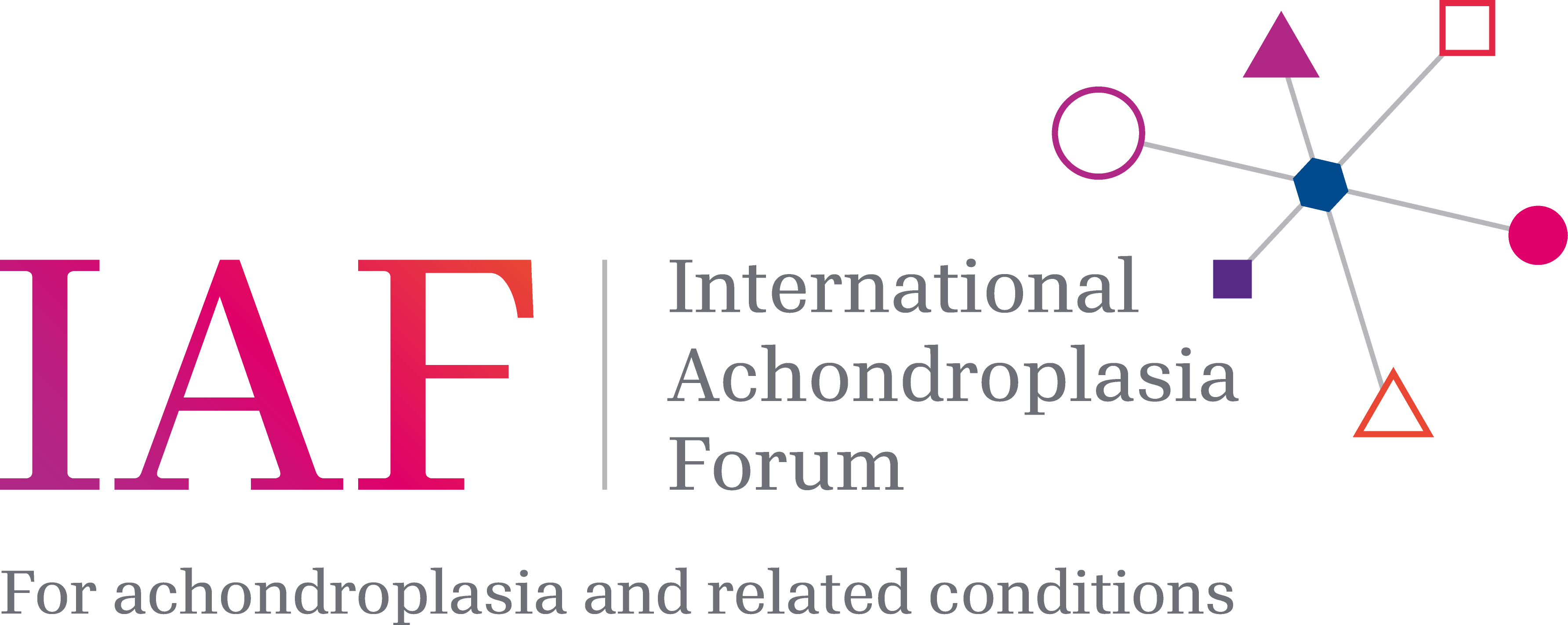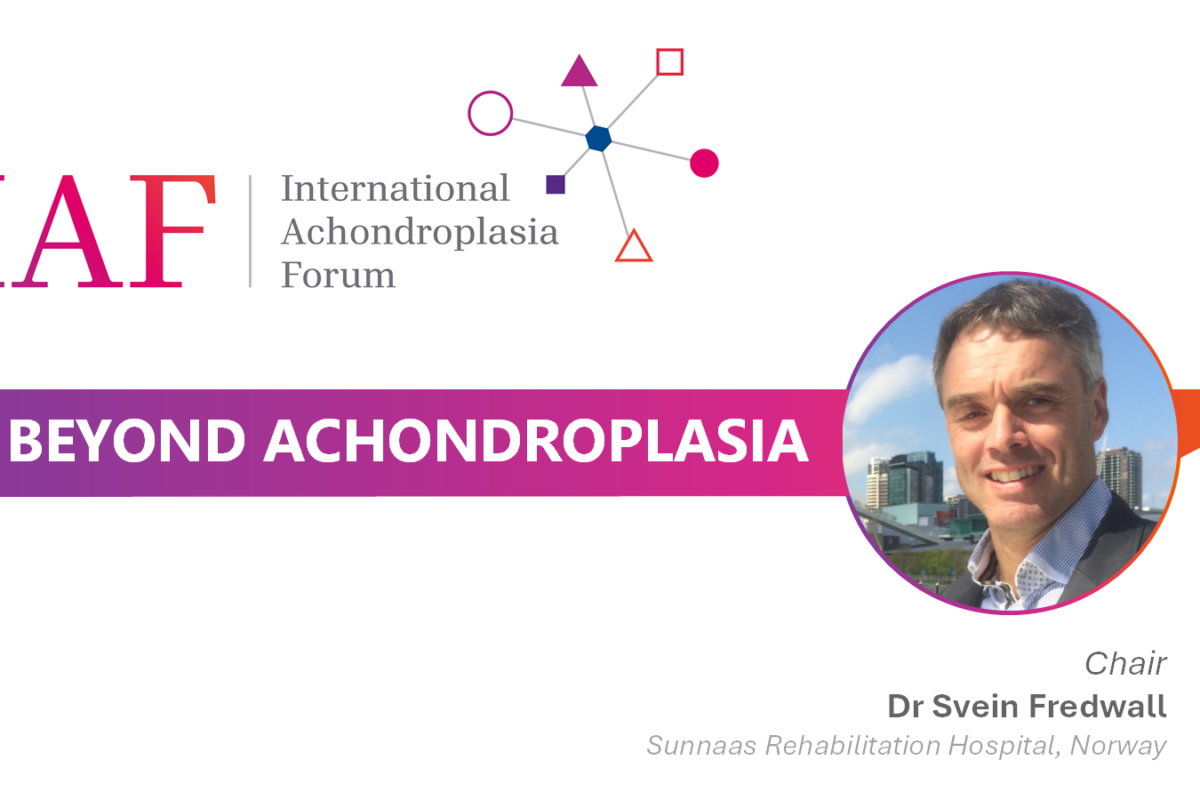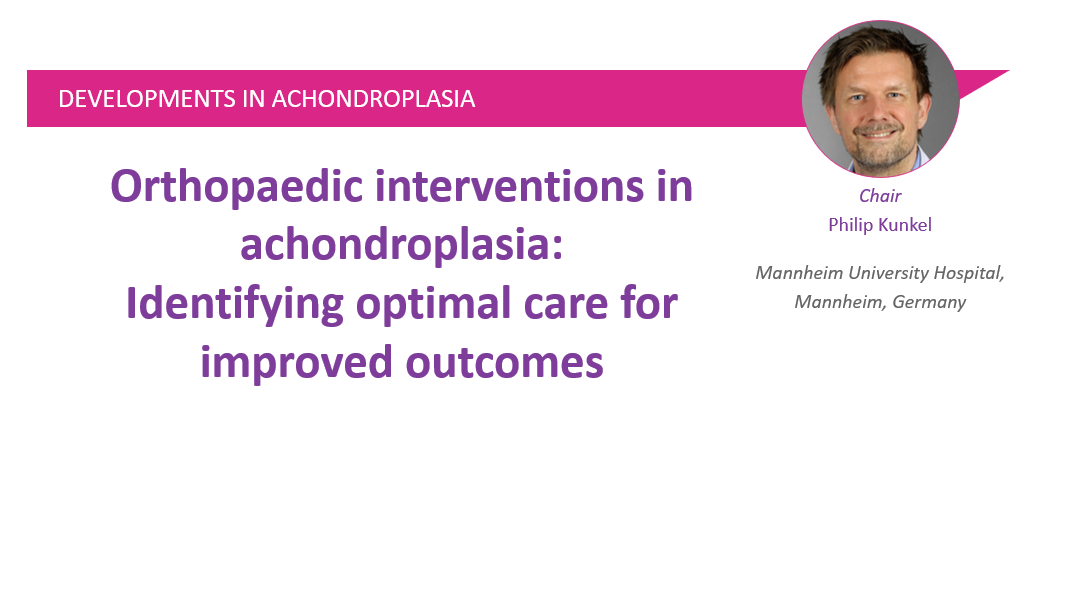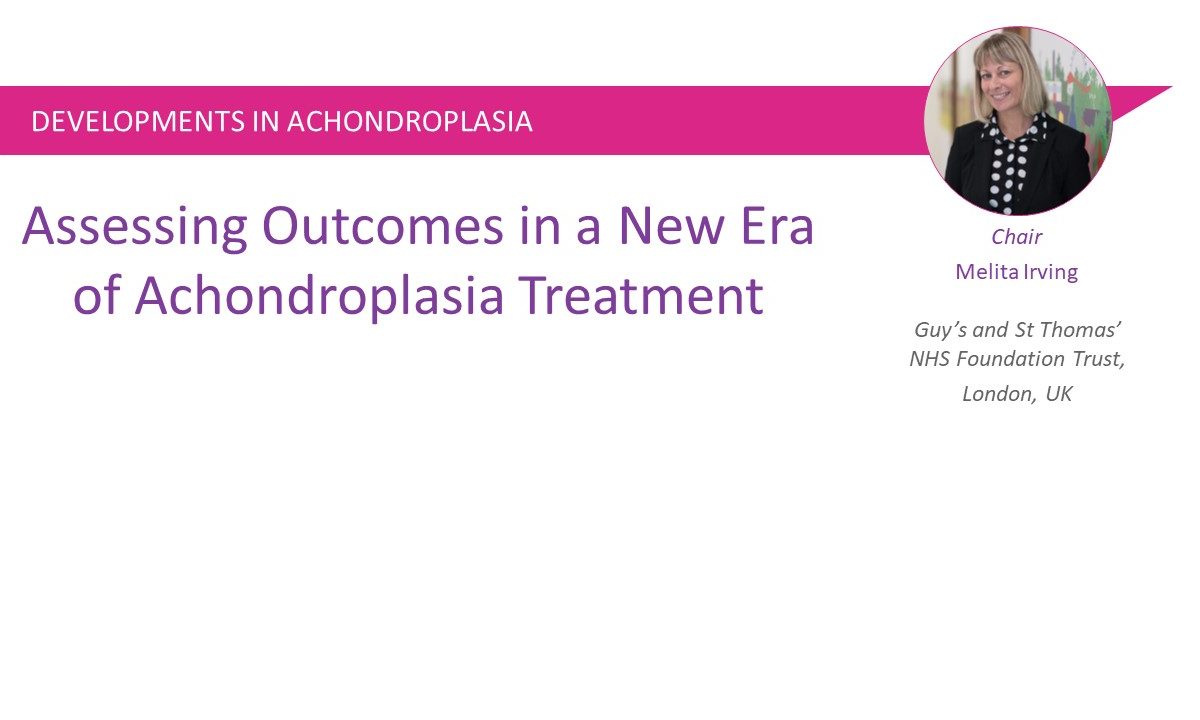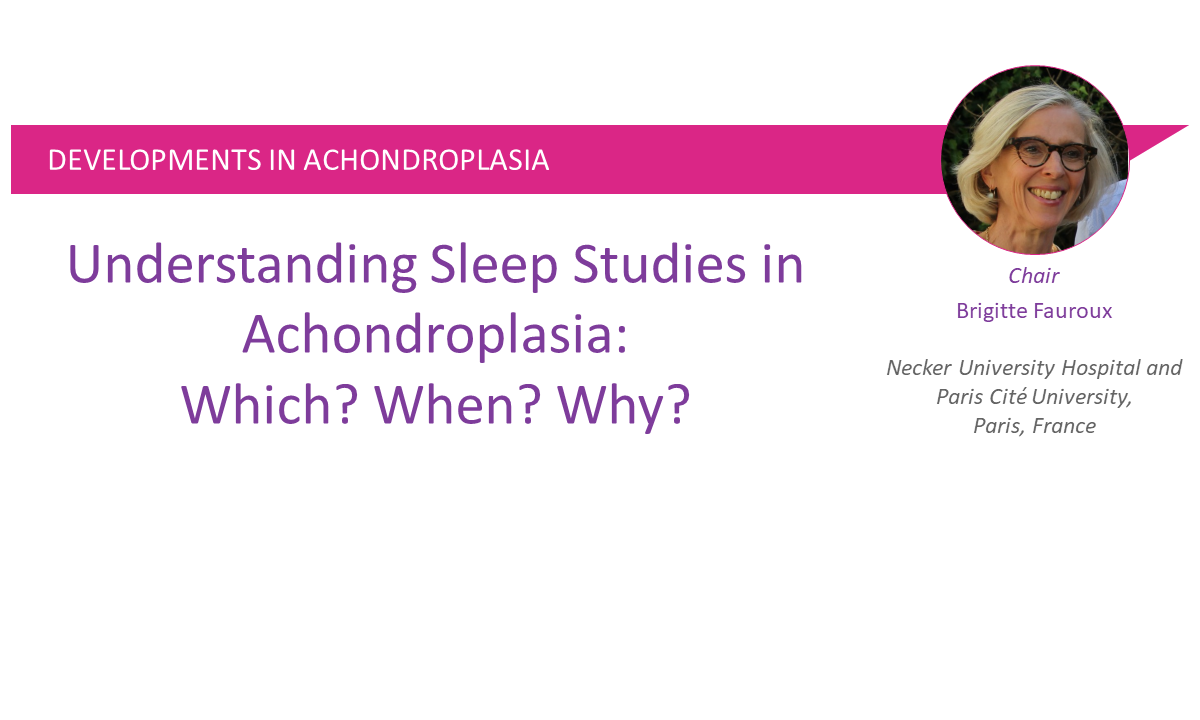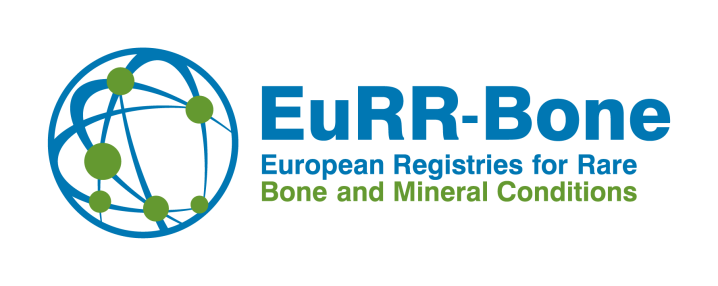Tuesday 29th April | 17:30–20:30 CET
Registration for our Spring workshop; Beyond achondroplasia is now open! Our first IAF workshop will be chaired by Dr Svein Fredwall. This workshop will feature a faculty of leading experts, including Drs Melita Irving, Andrew Dauber, and Philippe Backeljauw. Our world-renowned faculty will assess the pathways affected in achondroplasia and related conditions (hypochondroplasia, Noonan syndrome, Turner syndrome and SHOX deficiency, and osteogenesis imperfecta), potential targets for treatment, and provide an overview of current management, challenges, and ongoing clinical trials associated with these conditions. After this workshop, you will have a greater understanding of the therapeutic pipeline for achondroplasia and related conditions and the outcomes that therapeutic options may impact.
Don’t miss out on the first workshop by the IAF! Register now to join the discussion and become part of the wider audience learning about achondroplasia and related conditions! Be sure to follow the IAF on X (formerly Twitter) and LinkedIn to be kept updated as we share more details!
